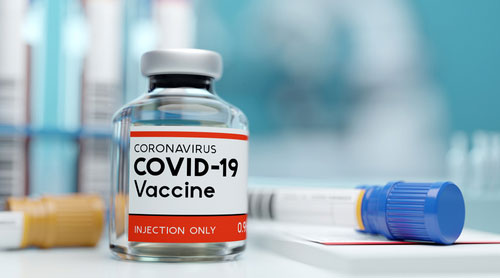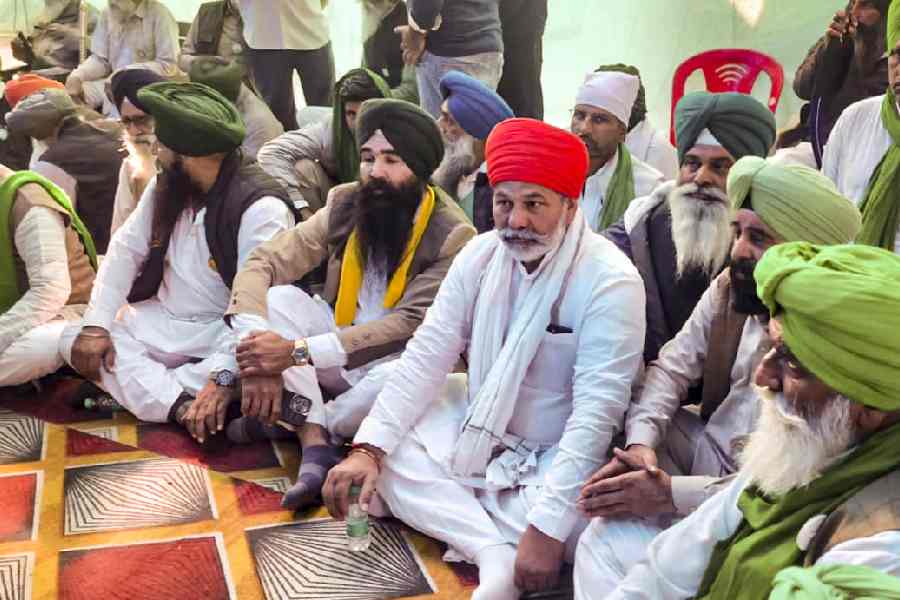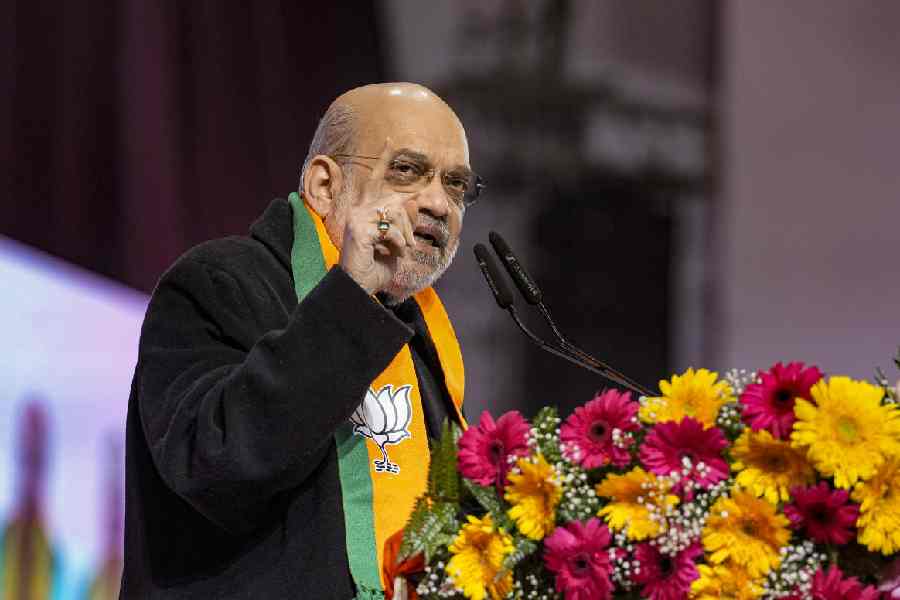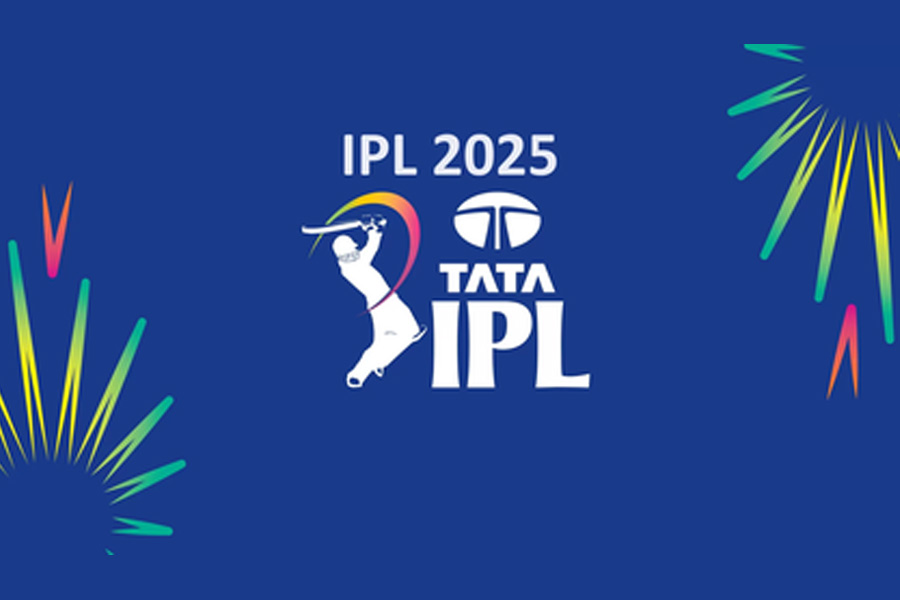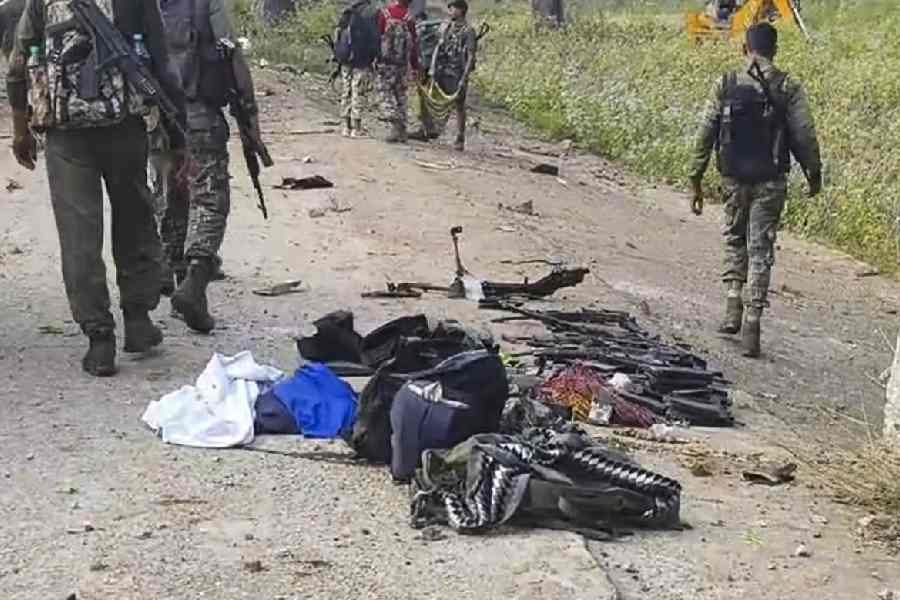Ethan Zhang needed to get back to work. Work was in Ivory Coast, however, and since January the global coronavirus outbreak had stranded the 26-year-old translator in mainland China.
Then friends told Zhang of a way he could get his hands on what might be the world’s most coveted prize: a coronavirus vaccine.
Though China’s vaccine candidates have not formally been proved safe or effective, officials have been injecting them into thousands of people across the country, ostensibly under an emergency-use policy. One such campaign, his friends said, was underway in the city of Yiwu in eastern China. Zhang took a plane to Yiwu from Beijing that night. He stood in line for four hours outside a hospital. He paid $30. He got his shot.
And he expressed little worry that the substance that had been injected into his arm is still in the testing phase, an attitude that is stirring worry among global health experts.
“I feel more relieved now that I have protection,” Zhang said. “Since they’ve started using it on some people on an emergency-use basis, it shows that there’s a certain guarantee.”
China has made its unproven candidates widely available to demonstrate their safety and effectiveness to a country that has long been sceptical of vaccines after a spate of quality scandals. Government officials and top pharmaceutical executives speak proudly of being inoculated.
The campaign has succeeded perhaps too well. Yiwu’s 500 doses were consumed within hours. Other cities are limiting doses or asking people to show proof that they are travelling. The demand has inspired a cottage industry of scalpers — called “yellow cows” in China, the people who usually score the newest iPhones — charging as much as $1,500 for an appointment.
Those users could be taking big risks. People who have taken ineffective vaccines might believe they are safe and engage in risky behaviour. They can be barred from taking a better vaccine.
New York Times News Service

